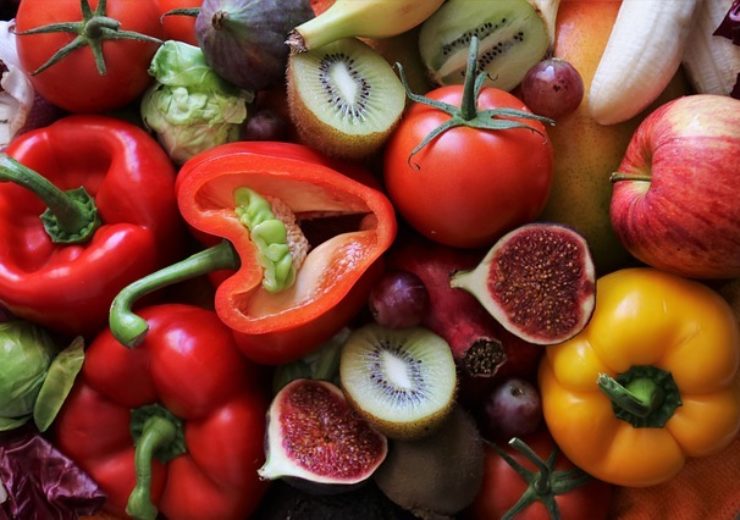The banning of non-detectable black plastic trays will help save more than 450 tonnes of non-recyclable waste

Image: Aldi Ireland has eliminated the use of black plastic trays for fruit and vegetable range. Photo: courtesy of pasja1000 from Pixabay.
Aldi Ireland has banned the use of non-detectable black plastic trays for its complete fruit and vegetable range.
The move will help the discount supermarket chain to save more than 450 tonnes of non-recyclable waste per year.
Elimination of black plastic trays from fruits and vegetable packaging
The retailer is also aiming to reduce the use of plastic packaging across its product range by 25% in the coming three years.
The Irish-grown specially selected tomatoes range is the first product to undergo the change, as part of the sustainable initiative. The tomatoes are supplied by Flynn’s Tomatoes.
The clear recyclable packaging trays are already using for the Aldi’s fresh fish range to reduce environmental impact.
By the end of this year, Aldi also intends to remove expanded polystyrene trays and PVC from its own-brand product packaging.
Aldi Group buying director John Curtin said: “Reducing the amount of plastic we produce is fundamental to our commitment to being a sustainable, responsible business.
“We are constantly looking for new ways to reduce our environmental impact. This is another step towards achieving our ambitious goals on packaging.”
In March this year, Alditarted selling cabbages and cauliflowers without plastic packaging as part of a trial in Scotland.
The initiative is a six week trial on five vegetable lines namely savoy cabbage, red cabbage, white cabbage, pointed cabbage and cauliflower sold in the Aldi stores without being packed in plastic wrap.
Aldi noted that it could remove more than 110tons of plastic wrapping a year from its fresh produce lines if opted to continue the scheme.
In December 2018, Aldi launched fully recyclable pizza discs across its range to ensure 100% recyclable own-label product packaging by 2022.
Made from cardboard instead of polystyrene, the discs are expected to save nearly 180 tonnes of plastic from circulation, and the switchover will result in nearly 500 fewer trucks a year to transport the waste.
